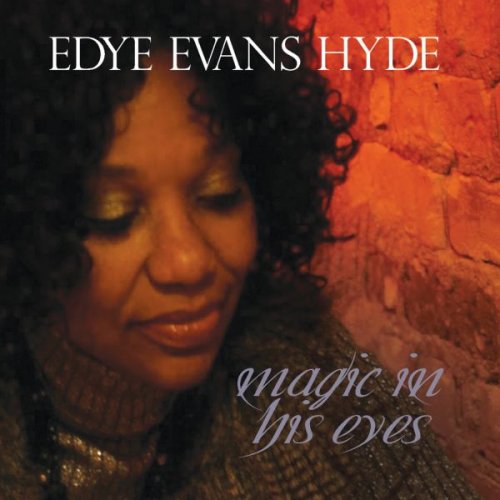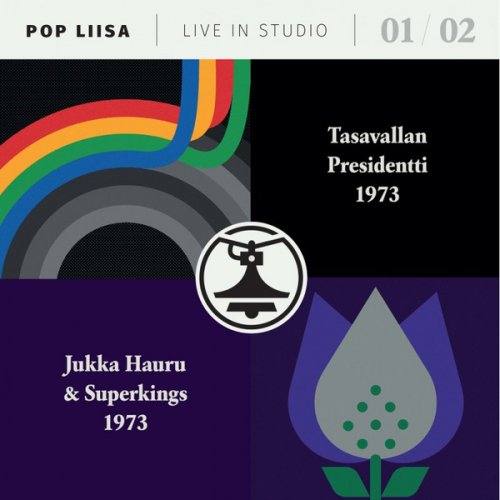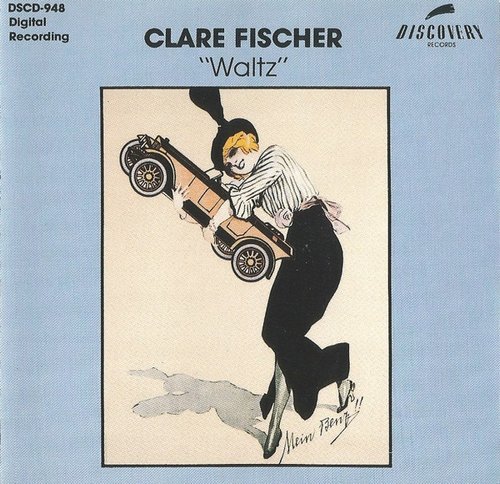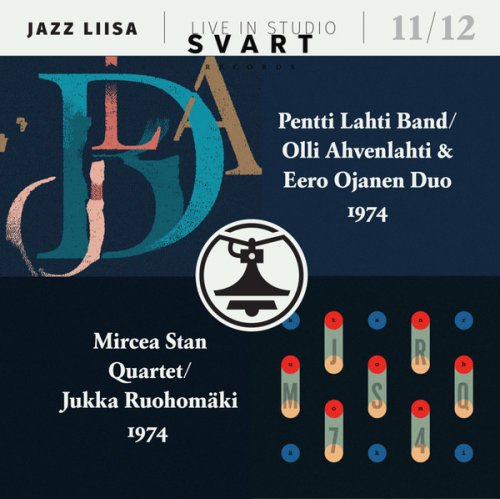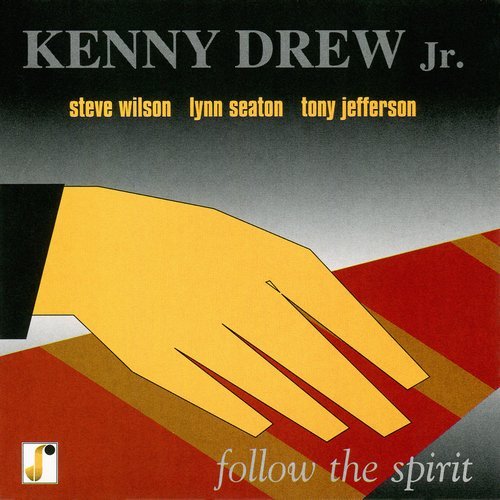VA - Vienne 1900 (2006)
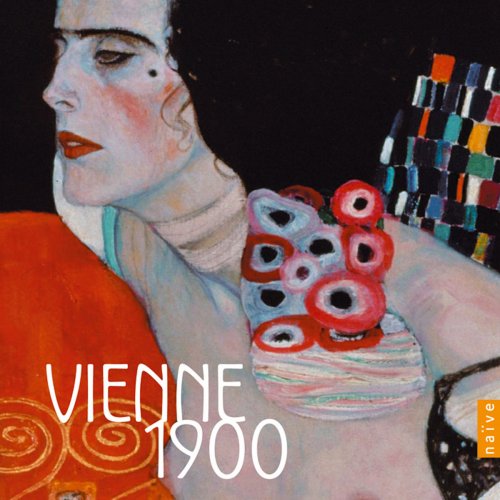
Artist: Various Artists
Title: Vienne 1900
Year Of Release: 2006
Label: Naive
Genre: Classical
Quality: FLAC (tracks)
Total Time: 02:29:17
Total Size: 605 Mb
WebSite: Album Preview
Tracklist: Title: Vienne 1900
Year Of Release: 2006
Label: Naive
Genre: Classical
Quality: FLAC (tracks)
Total Time: 02:29:17
Total Size: 605 Mb
WebSite: Album Preview
CD 1
1. Also sprach Zarathustra, Tone Poem for Orchestra, Op. 30: No. 1, Introduction. 01:56
2. Langsamer Satz, for String Quartet. 08:20
3. 3 Intermezzi for Piano, Op. 117: No. 1, Andante moderato in E-Flat MajorAndrea Bonatta 04:47
4. 6 Klavierstücke for Piano, Op. 118: No. 3, Ballade: Allegro energico in G MinorAndrea Bonatta 03:35
5. Verklärte Nacht in One Movement after Richard Dehmel, for String Sextet, Op. 4: Sehr ruhig. 04:08
6. Symphony No. 5: IV. Adagietto. 10:30
7. Symphony No. 6: II. Scherzo: Wuchtig. 13:13
8. Rosen aus dem Süden, Waltz Op. 388 - arr. for Little Orchestra: A. Schoenberg. 10:12
9. Eine florentinische Tragödie, Opera in One Act after Oscar Wilde, Op. 16: Overture. 04:48
10. String Quartet, Op. 3: I. Langsam. 09:30
11. 5 Lieder for Alto Voice and Orchestra on Poems by Friedrich Rückert: No. 4, Ich bin der Welt abhanden gekommen - arr. for Choir: Clytus Gottwald. 06:05
CD 2
1. String Quartet in D Major: I. Allegro molto. 06:59
2. Till Eulenspiegels lustige Streiche, Tone Poem for Orchestra, Op. 2815:41
3. Five Movements for String Quartet, Op. 5: No. 1, Heftig bewegt. 02:21
4. Five Movements for String Quartet, Op. 5: No. 2, Sehr langsam. 02:26
5. Five Movements for String Quartet, Op. 5: No. 3, Sehr bewegt. 00:47
6. Five Movements for String Quartet, Op. 5: No. 4, Sehr langsam. 01:47
7. Five Movements for String Quartet, Op. 5: No. 5, In zarter Bewegung. 03:54
8. 5 Gesänge for Voice and Piano: No. 3, Die Dunkelheit sinkt schwer wie Blei 02:25
9. 5 Gesänge for Voice and Piano: 5 Gesänge for Voice and Piano: No. 4, Sie sind so schön, die milden, sonnenreichen 02:57
10. String Quartet No. 2 in F-Sharp Minor, Op. 10: III. Litanei: Langsam. 05:57
11. Sonata in F Major for Cello and Piano, Op. 6: II. Andante ma non troppo 08:14
12. String Quintet No. 2 in G Major, Op. 111: II. Adagio 07:47
13. Lieder eines fahrenden Gesellen: No. 4, Die zwei blauen Augen - arr. for Little Orchestra: A. SchoenbergMichel Béroff 05:22
14. 9 Short Pieces: No. 5, 3 Variations on a Thema by Schumann in G Minor for String Quartet. 01:41
15. 9 Short Pieces: No. 7, Theme and 5 Variations in E Major for Violon and Piano 03:55
Performers:
Dawn Upshaw (soprano)
Anne Gastinel (cello)
Pierre-Laurent Aimard
Andrea Bonatta (pianos)
Arditti Quartet
Alban Berg Quartet members
Accentus Chamber Choir
Orchestre Philharmonique de Radio France
Orchestre National de France
Armin Jordan, Bernard Haitink
This is a two-disc collection of music, either recorded on France's Naïve label or acquired by that label, that arose in Vienna during the years on either side of 1900. It might be argued that the music of the Viennese fin de siècle was all about extremes -- of length, of concision, of orchestration -- and that the best way to appreciate the musical culture of Vienna in 1900 would be to sit down and listen to a Mahler symphony from beginning to end. Still, for a program of short excerpts devoted to music that did not think in those terms, this one works remarkably well. It draws key connections that are usually ignored, and the biggest one is between Brahms on the one hand and the Second Viennese School on the other. The casual concertgoer is likely to think of Brahms as the conservative and Schoenberg as the radical, but Schoenberg himself did not draw that distinction. The combination of emotional intensity and concision in Brahms' later works was determinative for the styles of Schoenberg, Berg, and Webern, all in slightly different ways, and the juxtapositions of works here make the relationships as clear as is possible within this restricted format. Another delightful connection is drawn with the inclusion of Schoenberg's arrangement of Johann Strauss II's Rosen aus dem Süden -- coldly deconstructive, yet not untouched by the sensuality of the original. Taken as a whole, the collection conveys the combination of lushness and an underlying sense of things spinning out of control that gives Viennese culture its peculiar fascination and has kept Freudian analysts in business for more than a century now. Naïve's mastering engineers, dealing with a set of recordings dating back as far as 1968, have done an admirable job in forging a whole out of diverse parts, and anyone who wants to try decadent late Romanticism in small servings rather than bellying up to the whole greasy plate should try this handsomely presented set.
